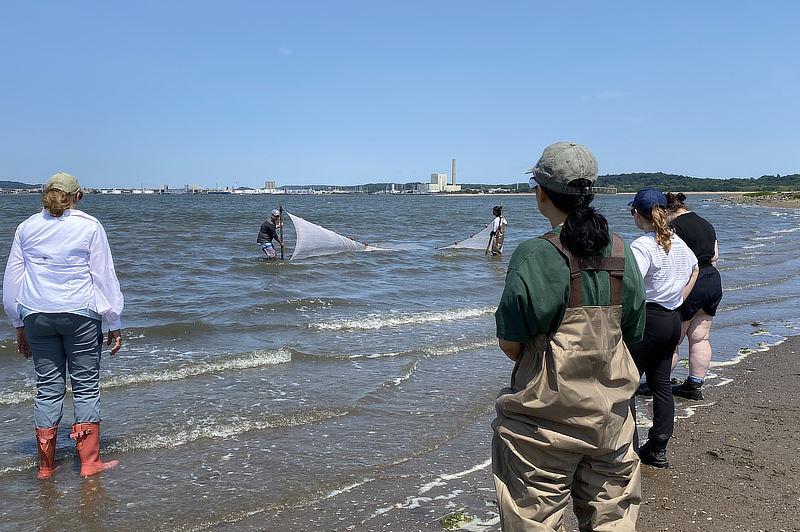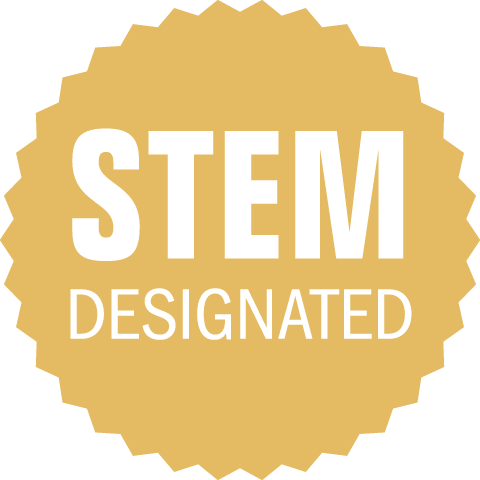Human uses of the marine environment, including fishing, aquaculture, energy development, and tourism, have increased significantly in the past two decades. Coastal areas are highly productive and resource-rich ecosystems and also account for some of the most sought-after real estate in the world. Multiple uses, potentially conflicting interests, and economic and social dependency create ever more complex issues of sustainability, environmental law and policy, and resource management.
With our M.A. in Marine Policy and Management, you will gain the higher-level skills, practical experience, and interdisciplinary knowledge that enable you to thrive in this environment and in the related fields that feed into it.
Through the University of New Haven’s Master of Arts in Marine Policy and Management program, you will acquire a deeper understanding of the complex forces at play in marine-linked human and natural systems. The competencies that you gain in the program — developing and implementing policy and management plans, strategizing for effective public outreach and communication, and highly refined research skills — will make you a vital part of the decision making process on issues of marine natural resource management, policy, and sustainability.
In addition:
- The interdisciplinary nature of the program creates multiple opportunities for collaborative efforts across programs, departments, and colleges within the university.
- You will focus your career path by choosing one of two concentrations: Marine Resource Sustainability or Marine Education and Outreach.
- We offer both a thesis and non-thesis option. The non-thesis option can also be completed in an accelerated one-year format instead of the traditional two years.
-
You will benefit from the strong professional connections that the University maintains with other educational, governmental, international, and professional organizations. This first-class network includes Gather New Haven, the Bureau of Aquaculture in Milford, the Northeast and Southeast NOAA National Marine Fisheries Service, and academic and government connections in Puerto Rico, the U.S. Virgin Islands, and the Gerace Research Center in the Bahamas. Through these organizations, you will have opportunities for matchless hands-on experience and entrées to possible full-time employment.
This degree is a career-blazer for a wide diversity of students of various backgrounds and undergraduate degrees. Many subjects in the natural and social sciences, humanities, business, and engineering will dovetail beautifully with a graduate education in how to navigate the practical realities of conserving our marine and coastal resources.
With our M.A. in Marine Policy and Management degree in hand, the fields of marine policy, marine management, marine environmental justice, marine environmental education and outreach, and marine law are all open to you. You could work in government agencies, environmental nonprofit and non-governmental organizations — including those focused on outreach communication, and advocacy — and educational institutions.
Jobs that you could pursue with this degree include:
- Coastal Management Specialist
- Fisheries Manager
- Coastal Resilience Coordinator
- Marine Management and Policy Specialist
- Marine Environmental Planner
- Outreach Manager
- Communication Director
- Marine Social Scientist
- Marine Science/Environmental Educator
You can even go solo and become a Marine Environmental Consultant.
What’s more, because of the interdisciplinary nature of this program and the high level of collaboration with other departments and programs — including Legal Studies, Political Science, Communications, Economics, and English — you will be able to expand your range of employment possibilities beyond the marine-focused fields.
The sophisticated skills in policy analysis that you acquire in this program transfer well to other fields and make you a valuable asset in any area that requires a flair for analysis and critical thinking. Look at the interdisciplinary collaborations mentioned above. Politics, communications, anything to do with economics, and writing (especially the technical type) are all fields in which you can succeed.





